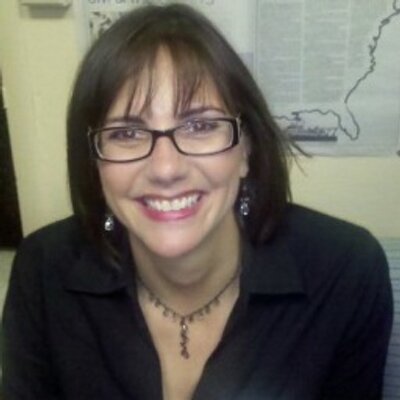First, a note about reports published here in Sun News Austin: this online newspaper will never publish stories generated in whole or in part by artificial intelligence. This is an AI-free zone!
A forum at SXSW in Austin dealt with Robotic News and its current use in news media outlets. If you read business or sports news these days, there is a good chance what you are reading was not written by a human.
Participants in the forum were: Chris Collins, Bloomberg Senior Executive Editor for Breaking News & Markets; Lisa Gibbs, AP Director of News Partnerships; Adela Quinones, Bloomberg Product Manager & Team Lead for News and Social Media Technology; and Nicholas Diakopoulos of Northwestern University, whose book Automating the News is about to be published.
Diakopoulos said “algorithms are used in the newsroom to help direct the attention of journalists during investigations..” He cited a recent investigation that presented journalists with 100,000 documents, but by applying algorithms that overload was reduced to just 6,000 relevant documents. “Six thousand was a reasonable number for investigative journalists to study,” he explained.
Looking to the future, he said the question is “How can they be configured for different applications? One goal is to make it easier for journalists to get started on algorithms used in government.” Understanding how the government generates numbers and statistics used in reports is crucial in assessing their validity. Of course the government would never lie to us, would it? Diakopoulos suggested people look at the website www.algorithmtips.org for more information.
Gibbs told the audience at SXSW that Associated Press (AP) “is now automating 4,000 business earnings stories per quarter, and sports stories are also being output to free up reporters for more investigative work: the curious and creative work. News companies have to create content for more platforms so artificial intelligence (AI) helps do that.” One such platform is local news outlets. Gibbs said AP is producing more local content so people can understand their own communities better.
Quinones related that “in 2014 we realised we were sitting on a treasure trove of data. We now produce thousands of automated stories every week. This allows us to be very fast in generating news, it offers more depth and breadth in our coverage, and it can be translated into other languages.”
Collins also asserted the speed factor in his analysis. “We live in a hyper accelerated news cycle,” he said. “We can publish thousands of stories on earnings in seconds. Nearly a third of everything we do has some ties to AI or automation.”
Of course all this has a downside too. OpenAI, a group co-founded by Elon Musk, has developed software capable of writing wholly fictitious news stories. It has not released the most sophisticated version of its software for fear of rogue entities using it to spread disinformation. Last November Google released an algorithm dubbed BERT that can understand and answer questions, and China is developing robotic TV newscasters that will say anything the Communist government wants them to say. So far the robots can easily be distinguished from humans, but once they have advanced the technology further it will be very difficult to tell if a newscaster is real or artificial. One thing we can be certain of is that anything they say will be disinformation, since Communists cannot tell the truth.
